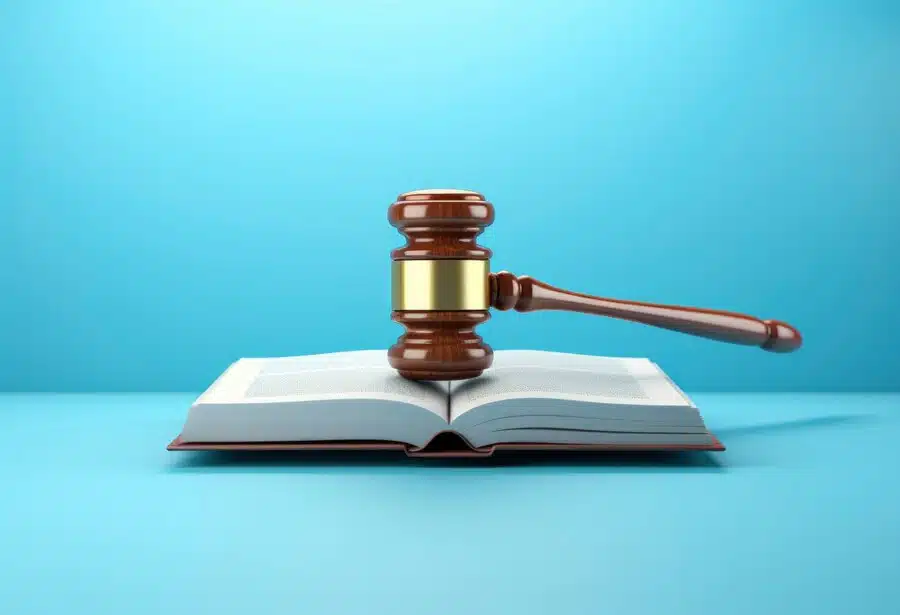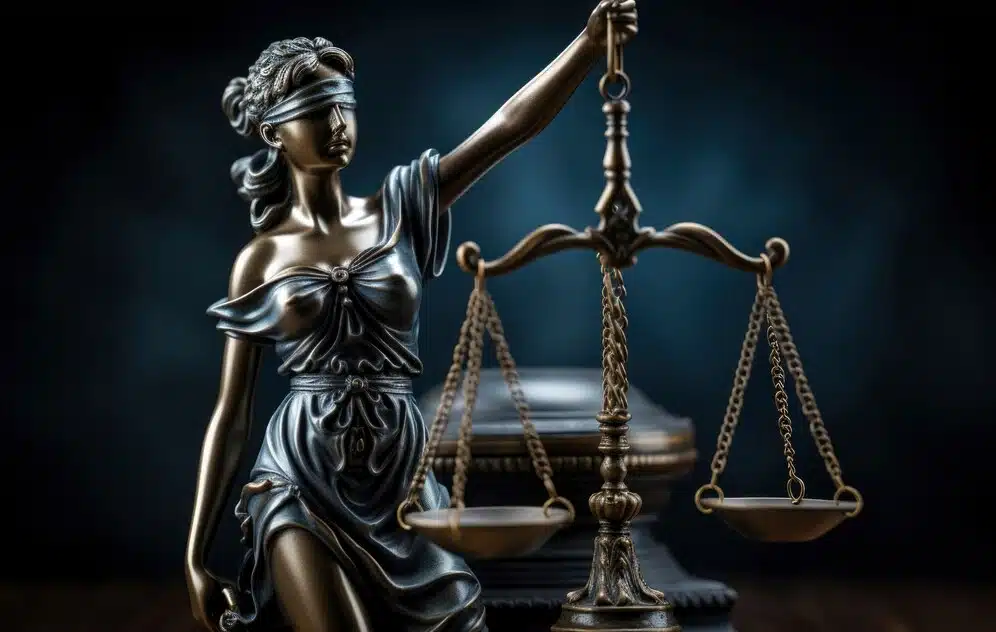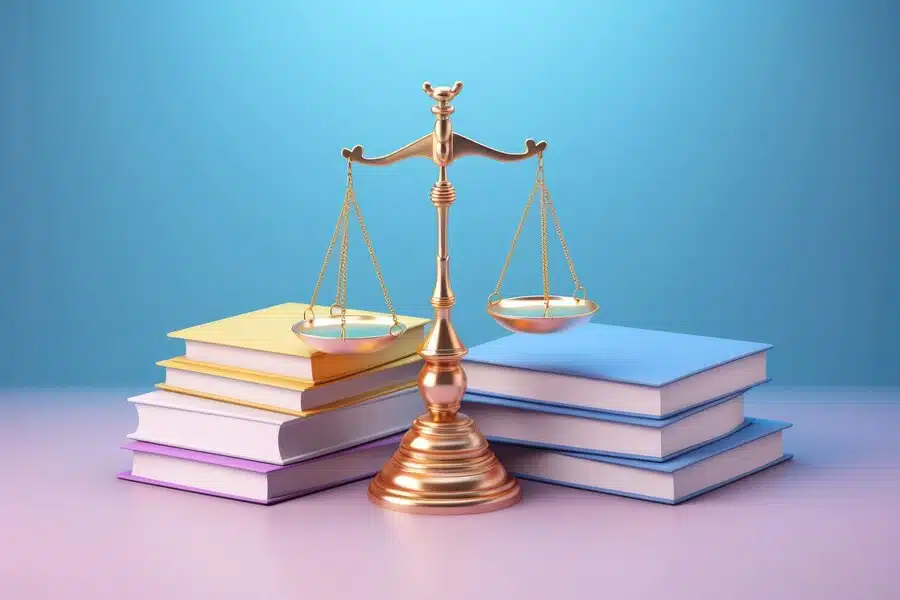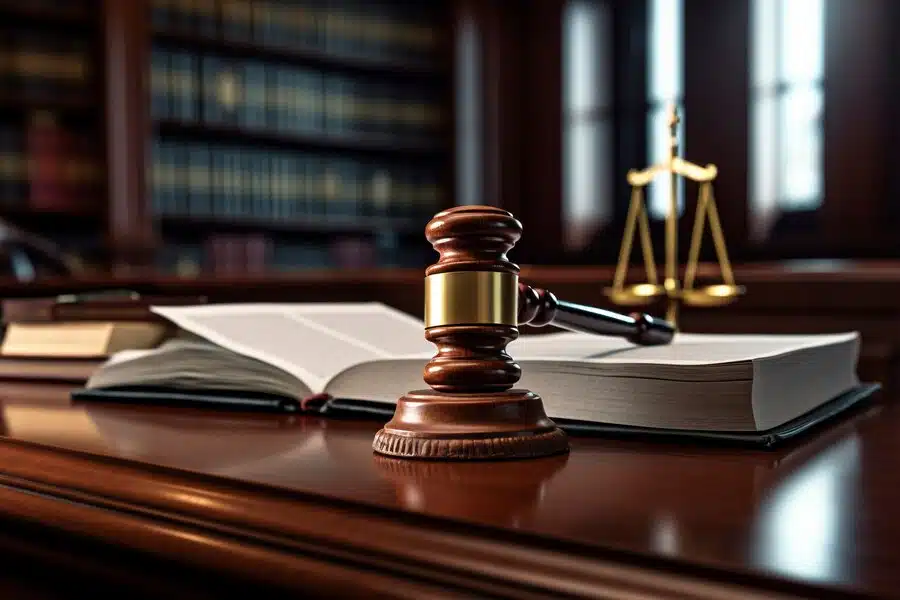Civil law serves as a crucial framework for protecting the rights and freedoms of individuals within a society. By establishing legal principles, institutions, and mechanisms, civil law ensures that individuals can assert their rights and seek recourse when these rights are violated. In this comprehensive article, we delve into the mechanisms through which civil law safeguards individual rights and freedoms, examining its historical context, fundamental principles, institutions, legal remedies, landmark cases, challenges, global implications, and future prospects.
I. Definition of Civil Law
Civil law encompasses the body of laws that govern private disputes between individuals, organizations, or entities, excluding criminal matters. It provides a framework for resolving conflicts related to contracts, property, family matters, and other civil issues.
Importance of Protecting Individual Rights and Freedoms
Protecting individual rights and freedoms is fundamental to maintaining a just and equitable society. Civil law plays a pivotal role in upholding these rights by providing legal mechanisms for individuals to seek justice, challenge injustices, and assert their entitlements.
II. Historical Context of Civil Law

Origins of Civil Law Systems
Civil law systems trace their origins to ancient civilizations such as Mesopotamia, Egypt, and Greece, where early legal codes were developed to regulate social interactions and resolve disputes. These ancient legal traditions laid the groundwork for modern civil law principles.
Evolution of Civil Law Principles
Over centuries, civil law principles have evolved, influenced by diverse legal traditions, philosophical movements, and social developments. From Roman law to the Napoleonic Code and modern statutory frameworks, civil law has undergone continuous refinement to adapt to changing societal needs and values.
III. Fundamental Principles of Civil Law
Rule of Law
At the heart of civil law is the principle of the rule of law, which dictates that laws should be applied consistently, impartially, and transparently. This principle ensures that individuals are governed by laws rather than arbitrary decisions of authorities.
Equality Before the Law
Civil law emphasizes the equality of all individuals before the law, regardless of their social status, wealth, or influence. This principle guarantees that everyone has equal access to justice and legal protections, fostering a fair and just legal system.
Legal Certainty
Legal certainty is essential for the functioning of civil law systems, providing predictability and stability in legal relations. Clear, unambiguous laws and judicial decisions help individuals understand their rights and obligations, promoting confidence in the legal system.
Judicial Independence
Judicial independence safeguards the impartiality and integrity of the judiciary, ensuring that judges can adjudicate cases free from external influence or interference. This principle is essential for upholding the rule of law and protecting individual rights against abuses of power.
IV. Protection of Individual Rights and Freedoms

Constitutional Safeguards
Many civil law jurisdictions enshrine fundamental rights and freedoms in constitutions or charter documents, providing a legal framework for their protection. Constitutional rights serve as a bulwark against government overreach and ensure that individuals’ liberties are respected and upheld.
Legal Rights and Liberties
Civil law statutes and regulations codify various legal rights and liberties, such as freedom of speech, assembly, religion, and privacy. These legal protections empower individuals to exercise their rights without fear of retaliation or censorship.
Human Rights Instruments
International human rights instruments, such as the Universal Declaration of Human Rights and regional conventions, set forth universal standards for the protection of human rights. Civil law systems often incorporate these principles into domestic law, reinforcing global efforts to safeguard individual rights and freedoms.
V. Civil Law Institutions
Courts and Judiciary
The judiciary plays a central role in interpreting and applying civil laws, adjudicating disputes, and upholding individual rights. Independent and impartial courts serve as arbiters of justice, ensuring that legal proceedings are conducted fairly and in accordance with the law.
Legal Representation
Access to legal representation is essential for individuals to navigate the complexities of civil law and assert their rights effectively. Legal aid programs and pro bono services help ensure that individuals, regardless of their financial means, can access competent legal counsel.
Law Enforcement Agencies
Law enforcement agencies are responsible for enforcing civil laws and regulations, investigating alleged violations, and maintaining public order. While ensuring compliance with the law, law enforcement authorities must also respect individuals’ rights and freedoms, avoiding undue use of force or coercion.
VI. Legal Remedies and Recourse

Civil Lawsuits
Civil lawsuits provide individuals with a legal recourse to seek redress for harm or injury caused by others’ actions or negligence. Through civil litigation, individuals can pursue compensation, injunctive relief, or other remedies to address violations of their rights.
Compensation and Damages
Monetary compensation and damages are common remedies awarded in civil cases to compensate individuals for losses, injuries, or harm suffered due to wrongful conduct. These remedies aim to restore individuals to the position they were in before the harm occurred.
Injunctions and Restitution
Injunctions and restitution orders may be issued by courts to prevent ongoing harm or compel parties to restore rights or property to their rightful owners. These equitable remedies serve to enforce compliance with legal obligations and protect individuals’ interests.
VII. Civil Law vs. Criminal Law
Key Differences
Civil law and criminal law are distinct legal domains with different objectives, procedures, and consequences. While civil law focuses on resolving private disputes and compensating victims, criminal law addresses offenses against society and imposes penalties on offenders.
Complementary Roles
Despite their differences, civil law and criminal law often intersect, with civil lawsuits sometimes arising from criminal conduct. Civil actions, such as lawsuits for damages or injunctions, may supplement criminal prosecutions, providing additional avenues for accountability and redress.
VIII. Landmark Cases and Precedents
Examples of Civil Rights Cases
Landmark civil rights cases have shaped the development of civil law and expanded protections for individual rights and freedoms. From Brown v. Board of Education to Roe v. Wade, these cases have set legal precedents and advanced social justice causes.
Influence on Legal Doctrine
Landmark cases not only resolve specific legal disputes but also influence broader legal doctrine and public discourse. Court decisions interpreting constitutional rights and liberties shape the evolution of civil law principles and inform future judicial rulings.
IX. Challenges and Controversies
Balancing Rights with Public Interest
One challenge facing civil law systems is balancing individual rights with the broader public interest or societal welfare. Conflicts may arise between individual liberties and government regulations aimed at promoting public health, safety, or security.
Emerging Issues in Civil Law
Technological advancements, globalization, and social change present new challenges for civil law, requiring adaptation to evolving circumstances. Issues such as data privacy, intellectual property rights, and environmental protection pose complex legal questions that demand innovative solutions.
X. Civil Law in the Global Context
International Treaties and Agreements
International treaties and agreements play a significant role in harmonizing civil law standards and promoting cross-border cooperation. Treaties addressing human rights, trade, and diplomatic relations contribute to the development of common legal norms and standards.
Cross-Border Legal Enforcement
With increasing globalization, civil law enforcement often extends beyond national borders, requiring cooperation among jurisdictions. Mutual legal assistance treaties, extradition agreements, and international judicial cooperation mechanisms facilitate cross-border legal enforcement and collaboration.
XI. Future Trends and Prospects
Technological Innovations in Civil Law
Advancements in technology, such as artificial intelligence, blockchain, and online dispute resolution platforms, are reshaping the practice of civil law. These innovations offer opportunities to streamline legal processes, enhance access to justice, and improve dispute resolution efficiency.
Strengthening International Cooperation
In an interconnected world, strengthening international cooperation and legal frameworks is essential for addressing global challenges and promoting respect for individual rights. Collaborative efforts among nations, international organizations, and civil society can bolster the effectiveness of civil law in protecting individual freedoms.
XII. Conclusion
In conclusion, civil law serves as a cornerstone of modern legal systems, safeguarding individual rights and freedoms through a comprehensive framework of laws, institutions, and principles. By upholding the rule of law, ensuring equality before the law, and providing legal remedies and recourse, civil law promotes justice, fairness, and accountability. As we navigate the complexities of the modern world, the continued evolution and strengthening of civil law are essential to protecting and preserving individual rights for future generations.
Also Read : Why Study Law?
FAQs
1.How does civil law protect individual rights and freedoms?
Civil law establishes a framework of legal rights and protections that safeguard individuals against infringement by others, including government entities and private parties. These protections encompass various aspects of life, such as personal autonomy, property ownership, and freedom of expression.
2.What are some examples of rights protected by civil law?
Civil law safeguards a broad range of rights, including the right to due process, privacy, equality before the law, freedom of speech, religion, and assembly, among others. These rights serve as foundational principles ensuring individuals’ dignity, autonomy, and participation in society.
3.How does civil law address violations of individual rights?
Civil law provides mechanisms for individuals to seek legal remedies when their rights are violated. This may involve filing lawsuits or complaints against the responsible parties, seeking compensation for damages, and obtaining injunctive relief to halt ongoing violations or prevent future harm.
4.What role do courts play in upholding individual rights under civil law?
Courts serve as impartial arbiters tasked with interpreting and applying civil laws to resolve disputes and protect individual rights. Through adjudication, courts enforce legal principles, hold violators accountable, and provide redress to individuals whose rights have been infringed upon.
5.How does civil law evolve to address changing societal norms and challenges?
Civil law evolves through legislative reforms, judicial interpretations, and societal developments to adapt to changing circumstances and uphold fundamental rights in contemporary contexts. This adaptability allows civil law to remain relevant and effective in safeguarding individual freedoms amidst evolving social, technological, and cultural dynamics.
Source Image: Freepik.com





